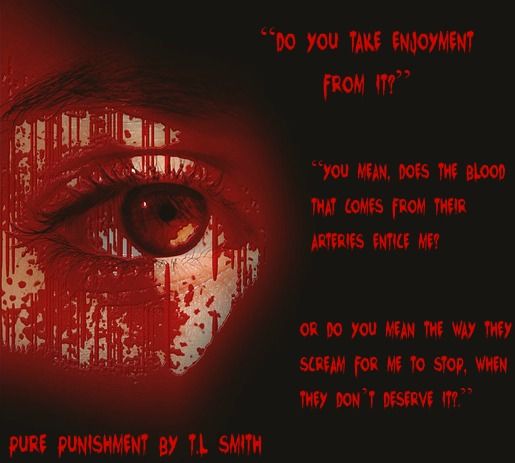I'm please to welcome Linda Andrews and her new book The Christmas Ship.
In
1917 when U.S. President Woodrow Wilson declared war on Germany, the
entire nation went to war. Families didn't just send their sons and
daughters overseas, they too were expected to make sacrifices. None
other than Herbert Hoover (future president) was in charge of making
certain the soldiers and sailors had enough food by making families
conserve. His plan was simple—give up one thing per day of the week to
help the war effort and bore his name, Hooverizing.

There were Wheatless Mondays (corn meal was substituted)
Meatless Tuesdays (beans and fish were substituted)
Porkless Saturdays (beans and fish were substituted)
Heatless days to conserve coal (needed to power the steamships carrying troops and supplies overseas)
Legal holidays every Monday during the winter to conserve coal
Industrial shutdowns to conserve coal.
And the introduction of Daylight Savings Time to allow work to be done during normal daylight hours.
Woman
in large cities were sent to pick over rotted produce to save what
could be saved and canned for troop use. These volunteers rescued
millions of tons of produce and received extra rations for their
families for their work.
Land
Armies were created in every available lot to grow produce and we saw
the rise to the Victory Gardens usually associated with World War 2.
Families sent jars of grease collected from their kitchens for the war
effort. Every association banded together to create comfort bags and
donate goods to relief efforts.
The
efforts were enough to turn the tide of a war that had been stalemated
for years and bring an end to the suffering of peoples on both sides of
the conflict. So as we enjoy our holiday this year, take a moment to be
thankful for those whose sacrifices have been mostly forgotten and
remember that when humanity stands united, anything is possible.
Blurb:
American
businessman Jacob Kerrigan works behind enemy lines to help feed seven
million starving Belgians and bring Christmas to the children. The
Commission for Relief in Belgium asks only one thing of its delegates:
remain neutral in a war-torn country.
Roselle
Perrine works in soup kitchens and her family farm by day, and spies
for the Belgian resistance at night. She uses her position in society to
convince Jacob to stay in her chateau, hoping the relief delegate’s
presence will cover her nocturnal activities.
But the Kaiser’s Army is watching.
When Roselle’s spying is discovered, will Jacob remain neutral or fight for love?
To
be entered in a drawing to receive an electronic copy of The Christmas
Ship please leave a comment with a tradition you continue that connects
you with your family's past.
















